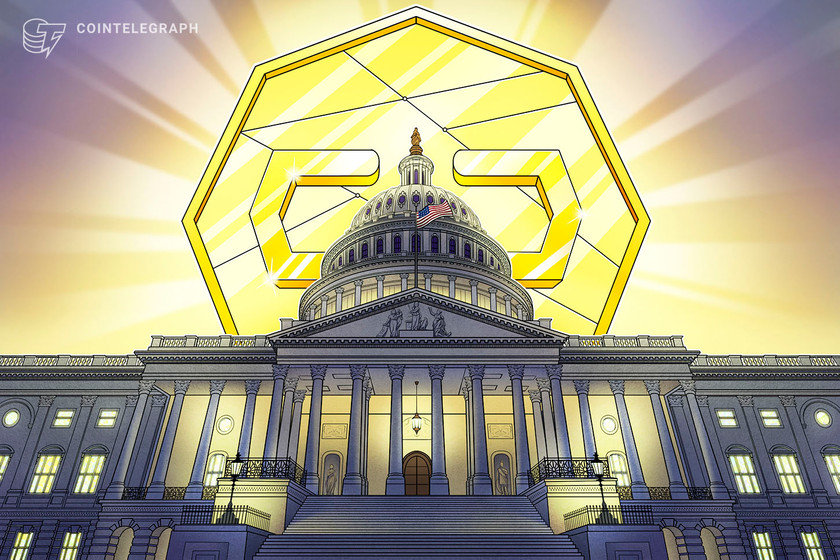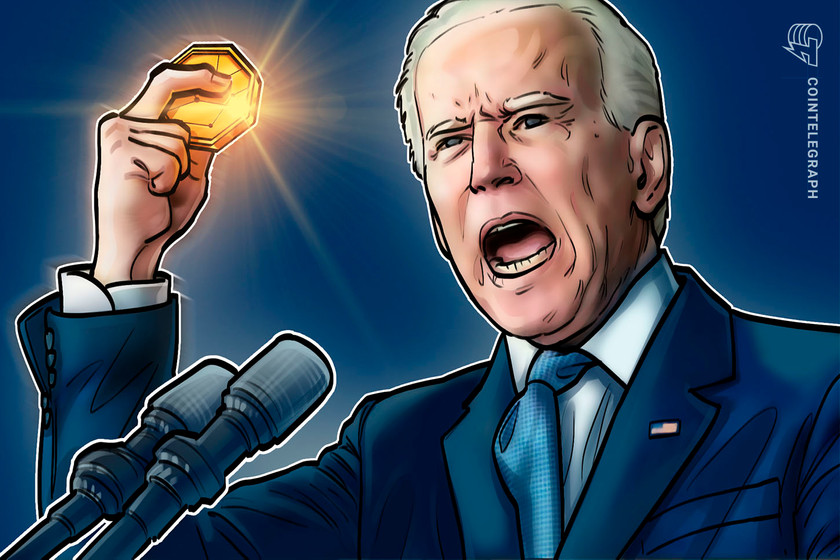US Fed faces internal probe over Silicon Valley Bank failure


Federal Reserve chair Jerome Powell said a “careful and thoughtful” review is needed to understand how the bank collapsed under its watch.
The Federal Reserve is investigating the factors that led to the failure of Silicon Valley Bank — including how it supervised and regulated the now-collapsed financial institution.
The Federal Reserve announced on March 13 that Vice Chair for Supervision Michael Barr is “leading a review of the supervision and regulation of Silicon Valley Bank, in light of its failure,” with a review set for public release by May 1.
“The events surrounding Silicon Valley Bank demand a thorough, transparent, and swift review by the Federal Reserve,” Chair Jerome Powell stated in the announcement.
@federalreserve announces that Vice Chair for Supervision Michael S. Barr is leading a review of the supervision and regulation of Silicon Valley Bank, in light of its failure. The review will be publicly released by May 1: https://t.co/wQ39KLiwHE
— Federal Reserve (@federalreserve) March 13, 2023
“We need to have humility, and conduct a careful and thorough review of how we supervised and regulated this firm, and what we should learn from this experience,” Vice Chair Barr added.
SVB was shut down by the California Department of Financial Protection and Innovation on March 10, with no specific reason offered behind the bank’s forced closure.
However, prior to shutting down, SVB was reportedly on the edge of collapse due to severe liquidity troubles relating to major losses on government bond investments and withdrawals by spooked depositors.
It was the second major U.S. bank to crumble last week, following the bankruptcy of crypto-friendly Silvergate, with its parent company Silvergate Capital Corporation announcing a voluntary liquidation on March 8.
Adding to the chaos, another crypto-friendly U.S. bank went bust on March 12 when the New York Department of Financial Services took control of Signature Bank.
Related: Fed starts ‘stealth QE’ — 5 things to know in Bitcoin this week
The latest announcement from the Federal Reserve comes just a day after it rolled out the $25 billion Bank Term Funding Program to backstop liquidity troubled banks, curb further collapses and protect depositors.
THE BIG 4 US BANKS just got a $210bn Fed bailout. How? Fed’s new BTFP facility allows banks to borrow against the negative collateral value shown on the graph *AT PAR* instead of at market value(!!!). The big 4 have $210bn of these losses…#privatizedprofitssocializedlosses pic.twitter.com/9H73gLH9Uk
— Caitlin Long ⚡️ (@CaitlinLong_) March 13, 2023
The Biden administration has taken swift action in that regard, with the president announcing on March 13 that:
“America can have confidence that the banking system is safe. Your deposits will be there when you need them. […] No losses will be borne by the taxpayers.”
Biden added that the management behind the collapsed banks will be held accountable for their failures, and suggested that those responsible could be prosecuted. He also called for stronger banking oversight and outlined that thorough investigations will take place.
“We must get the full accounting of what happened,” he said.
1) What
— Coin Bureau (@coinbureau) March 13, 2023













